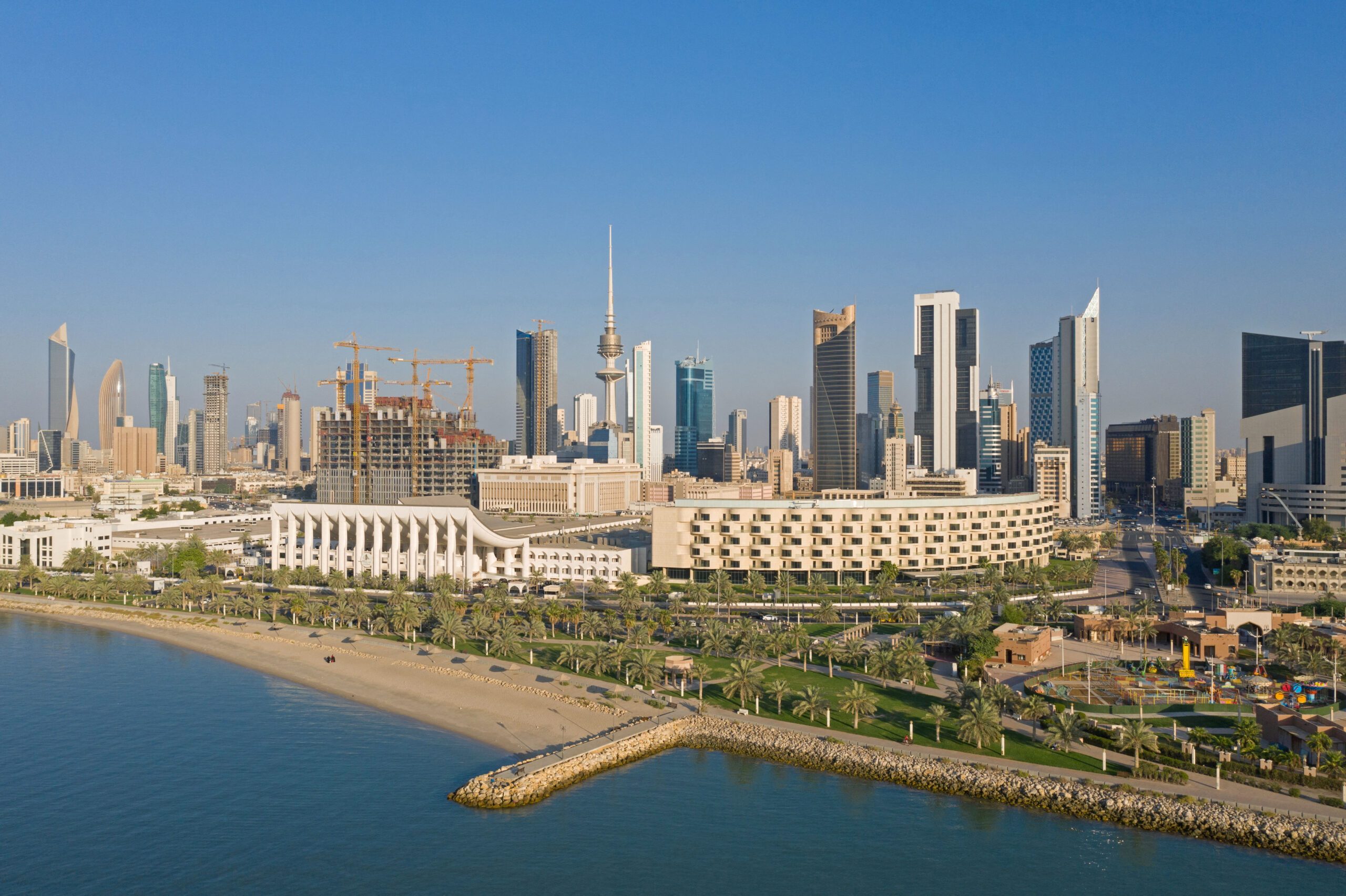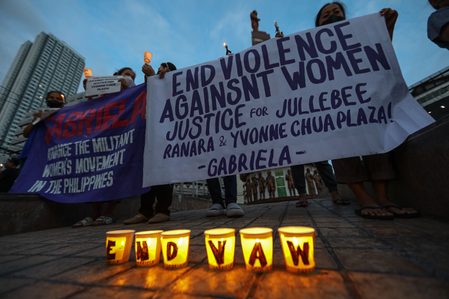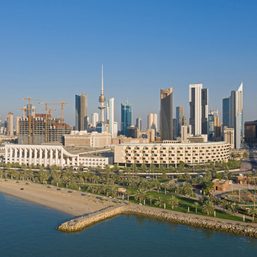SUMMARY
This is AI generated summarization, which may have errors. For context, always refer to the full article.

MANILA, Philippines – Kuwait has suspended the issuance of new entry visas for Filipinos, the Department of Foreign Affairs (DFA) said, citing an official notice sent to the Philippines on Thursday, May 11.
The suspension took effect on Wednesday, May 10, DFA Undersecretary for Migrant Workers Affairs Eduardo de Vega said in a Headstart interview on Friday, May 12. Foreign news outlets had been reporting on the suspension before Philippine authorities were officially informed.
De Vega said that the ban “appears” to include tourist visas. However, the suspension does not affect Filipinos who have residency status in Kuwait, which includes most of the around 300,000 Filipinos living in the Gulf state, he said.
In its official statement on Friday, May 12, the DFA said that the Philippines “remains committed to discussing and resolving bilateral issues with all countries in an amicable manner.”
“In the case of Kuwait, we are confident that with our friendly relations and strong people-to-people links, we shall be able to find a mutually satisfactory solution that will take into account the need to provide maximum protection and access to justice for all our nationals working in the country,” the DFA said.
In February, following the brutal killing of Kuwait-based Filipino worker Jullebee Ranara allegedly at the hands of her employer’s son, the Philippines halted the processing of applications of first-time Filipino domestic workers bound for Kuwait.
“We imposed the ban because of the heinous crime committed against our kababayans. Now the Kuwaitis are saying, ‘Well, in that case, we won’t hire any workers.’ And that’s not really a surprise. In other words, the timing was a surprise that they issued this. But that action, not really,” said De Vega.
A Gulf News report cited Kuwaiti authorities who alleged that the Philippines was not compliant with implementing provisions of their bilateral labor agreement. In the Headstart interview, De Vega described Kuwait’s issues with the Philippines’ labor protection mechanisms – the use of shelters, and tapping foreign placement agencies when there are labor disputes.
“They said that under Kuwaiti law, there should be no shelters for runaway workers, but then again, under Philippine law we have to have those shelters. And of course, it is the obligation of the Philippine government to protect them. We are not encouraging them to escape from their employers, if that’s what Kuwaitis are afraid of,” De Vega said in a mix of English and Filipino.
De Vega said the second issue was that whenever workers complain of abuse, Philippine authorities tap the foreign recruitment agency to step in. “They said that that is not applicable under Kuwaiti law. So there are these issues, they are not clearly defined in the agreement if whether these are violations or not.”
But the Philippines has had its own Bahay Kalinga in Kuwait for years, and tapping recruitment agencies to check on possible abuse is a standard practice. Why expand the ban now?
“We presume that this is diplomatic pressure for us to lift the suspension on household workers,” De Vega told Rappler. “But maximum protection and justice for our overseas nationals should come first.”
The DFA and the Department of Migrant Workers are set to hold meetings on Kuwait’s latest move on Friday. De Vega said there have yet to be decision points on whether to lift the partial deployment ban.
“What happens if other countries do the same? [They would think,] ‘Well, okay, we apply pressure to the Philippines and then they will fold’…. So we won’t just lift the ban just like that,” he said.
The DFA also guaranteed that the Philippines was still pursuing justice for Ranara’s killing.
In a statement on Friday, the DMW said that it would continue to “pursue the track of labor diplomacy in ensuring the welfare and safety of our overseas Filipino workers (OFWs).”
“We are also coordinating with our Philippine recruitment agencies, Filipino communities and leaders, and other stakeholders on how to address this development in the best interest of all concerned. The DMW stands ready to assist our OFWs affected by this action of the Kuwait government,” the DMW said.
The DMW urged affected Kuwait-bound OFWs who need assistance to connect with the agency through the National Reintegration Center for OFWs hotlines at 09567821309 and 09603532532, or send an email to nrco@dmw.gov.ph.
“We assure everyone that the DMW will work with all of its partners to mitigate the impact of this recent development [on] our Kuwait-bound workers,” the department said.
Overseas Filipino worker rights group Migrante International and Senator Joel Villanueva earlier questioned the effectiveness of deployment bans in protecting migrant workers, as abuses continue to happen, such as in the case of Kuwait.
In a statement released by the Presidential Communications Office on Saturday, May 13, DFA Assistant Secretary Paul Cortes said the affected OFWs would be included in the DMW’s National Reintegration Program.
According to the statement, a delegation of government officials from the DFA and DMW will head to Kuwait this May for the ongoing discussions on labor concerns between the Philippines and Kuwait. – Rappler.com
Add a comment
How does this make you feel?






There are no comments yet. Add your comment to start the conversation.